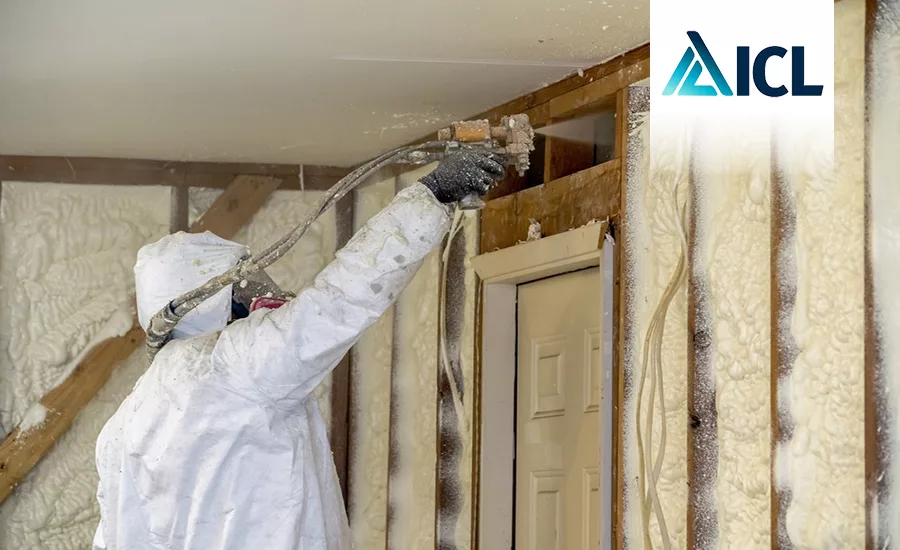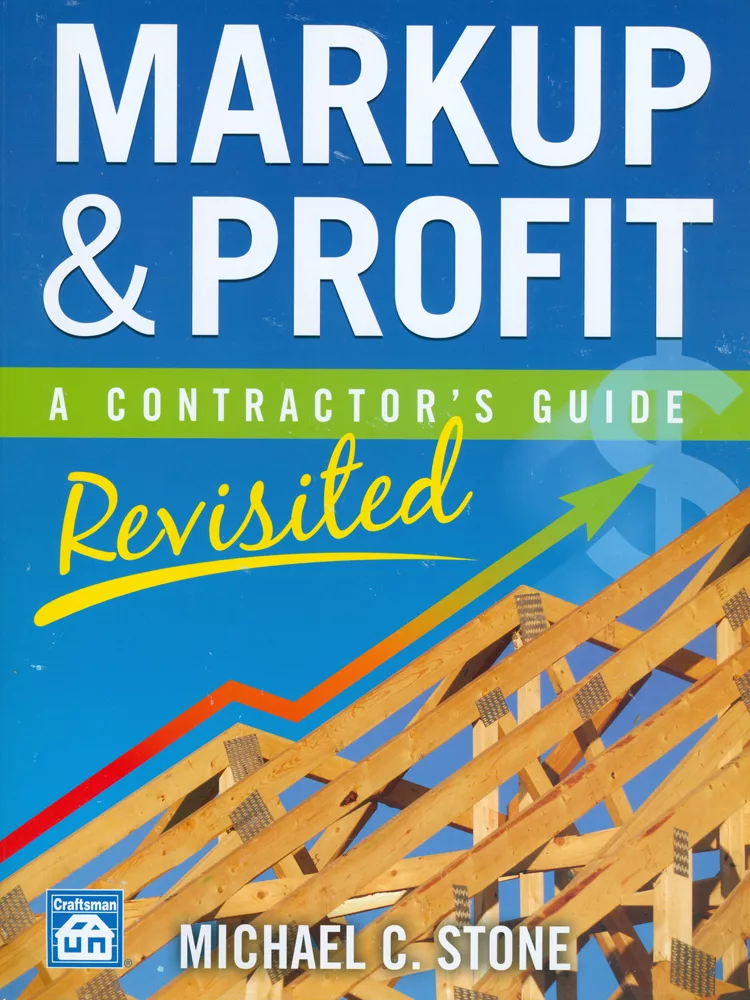Roofing Products
ICL Unveils Breakthrough in Flame Retardant Technology
VeriQuel R100 used by four leading U.S. commercial roofing companies

Image courtesy of ICL Group
ICL, a leading global specialty minerals company, announced the launch of VeriQuel R100, an innovative, reactive phosphorus flame retardant (FR) designed for rigid polyurethane insulation products, such as those used for sheathing, in-wall and PIR roofing — the preferred choice for more than 70% of commercial roofs.
ICL invested more than $2 million of R&D into this phosphorus-based product, which offers a more sustainable alternative to traditional additive flame retardants.
VeriQuel R100 is a patented reactive product, which creates built-in flame retardancy, meaning it chemically bonds with the polymer matrix. The next-generation technology not only ensures long-lasting performance and stability, it eliminates the potential for the product to migrate. Additionally, it aligns with stricter global regulations on environmental safety.
The product is reported as being fully compatible with current manufacturing processes, making it an easy transition for manufacturers looking to improve their product’s sustainability and compliance without additional formulating costs. According to ICL, four of the leading U.S. commercial roofing companies have launched products with VeriQuel R100, with another six companies in the U.S. and Europe currently in the product development phase.
“VeriQuel R100 has been formulated to meet fire safety standards, but it is also valued for its sustainability properties,” said Yaniv Kabalek, president of ICL’s Industrial Products Division. “As the industry moves towards greener building materials, and demand for sustainable building solutions increases, VeriQuel R100 will be able to provide manufacturers with a high-performance, environmentally responsible solution without compromising on fire safety.”
According to Grand View Research, the global rigid polyurethane foam market size was estimated to be ~$21 billion in 2023 and is expected to grow at a CAGR of 5.8% from 2024 to 2030. The construction industry drives the primary demand for rigid polyurethane foam and, as energy efficiency has become more predominant, the market has witnessed an increase in demand, since rigid polyurethane insulation helps reduce energy consumption and overall infrastructure costs.
Looking for a reprint of this article?
From high-res PDFs to custom plaques, order your copy today!










